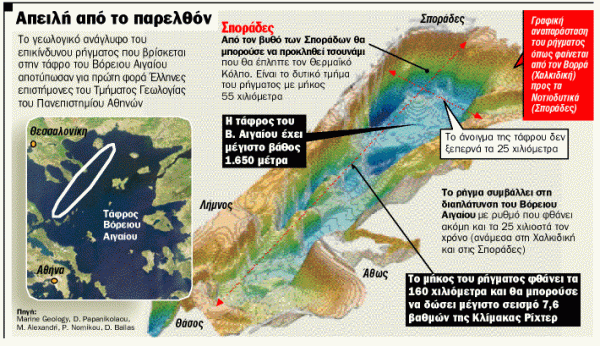Recognize the causes and act properly

Dog owners should be well informed about digestion. Because behind gastrointestinal problems could be an undetected disease. « Digestive problems often show through symptoms such as diarrhea, vomiting, bloating, abdominal pain or loss of appetite. But also changing behavior such as restlessness, withdrawal, retreat, increased smacking, belching or saliva can also be indications, » explains Dr. Sabine Lentz, veterinarian from Gersthofen.
From a pancreatic disease to gastritis, liver diseases to chronic inflammatory bowel diseases, from food intolerance to infections, numerous diseases can trigger digestive problems. « That is why thorough cause research is necessary for longer problems, » says Lentz. After that, the therapy is also directed. « Therapeutic approaches include the balance of loss of fluid due to infusions, which is often very important in acute gastroenteritis. But the administration of medication and feed additives as well as feeding corresponding diets may also be necessary, » explains the veterinarian.
Allergies, treats and intolerances are reasons for stomach problems in dogs
Nutrition itself can also be a cause of the digestive problems. Incompatibilities or allergies on animal feed proteins are common. 30 to 40 percent of all dogs with allergic symptoms on the skin are food allergy sufferers. In addition to a real allergy, about 40 percent of the animals also show other undesirable reactions to dog food. One then speaks of a feed intolerance, cross sensitivity, or intolerance.
« Dogs can develop them or bring them out in the course of their lives. Typical symptoms are diarrhea, vomiting, abdominal pain, compulsive leak and swallowing or skin or ear problems, » says Lentz. A feed allergy can only be demonstrated by a so -called « elimination diet »: food that is suspected of triggering an allergic reaction or intolerance are canceled for a certain time from the menu. But there are many stumbling blocks. « Therefore, a detailed information on the part of the vet about the duration and type of implementation of this diet form and the composition of the feed is absolutely necessary, » said Lentz.
Just like the main feed, treats could also be the source of food intolerance or feed allergy. « »Treats are by no means to be regarded as purely irrelevant. In the veterinary finding, keepers should always list what and how many treats the dog receives, ”advises the veterinarian.
Dog with stomach pain: Parasites can also cause digestive problems
Parasites such as Giardia and inner worms can also be the reason for the problems, but, according to the expert, only lead to diarrhea in young animals and weakened animals. « After a parasitological fecal examination or a positive rapid test against parasitic unicellular organizations such as Giardia, you can therefore treat very specifically, » says Lentz. A colonization of the intestine with worms is often also an underestimated zoonose: a disease that can be transferred by animal to humans and vice versa.
« Owners, toddlers or immunocompromotive and geriatric people in the household have to be protected here by regular deworming of the animal, about every four weeks, » explains the veterinarian. The feeding of raw meat (barf) mountains therefore also risks. According to the expert, the “barfen” is generally banned in growth in dogs. In adult dogs, the barf ration should have been checked by a specialist veterinarian for animal nutrition, otherwise there are serious physical damage. Animals with sensitive or disturbed digestion should also not get real bones to eat.
Should pro- and prebiotics be used in dogs with stomach problems?
Prebiotics promote the growth of healthy intestinal bacteria, while probiotics are microorganisms living directly that support the intestinal flora directly. « In the event of acute or chronic diarrhea for colonization after antibiotic inserts, after parasitic settlement of the intestine or other diseases, » says Lentz. Pet owners should only use products that have been specially developed for dogs. Veterinarian Lentz advises dog owners to coordinate the choice of the product with a doctor, since not all freely sales products meet their purpose and, if used incorrectly, strain one unnecessarily: the owner’s wallet.







